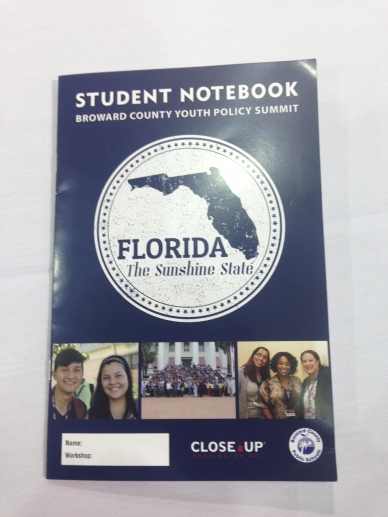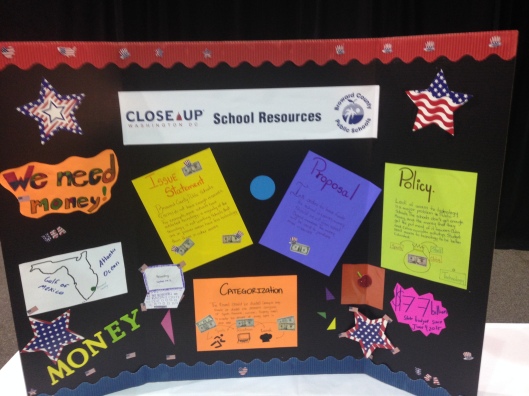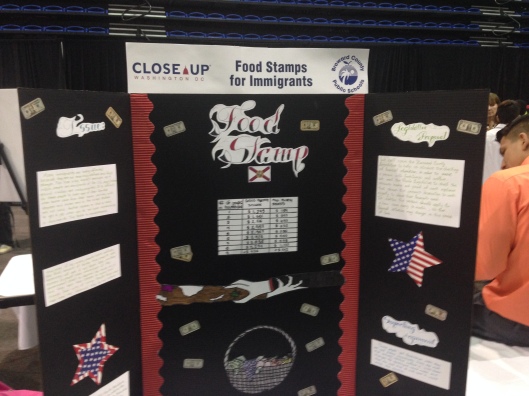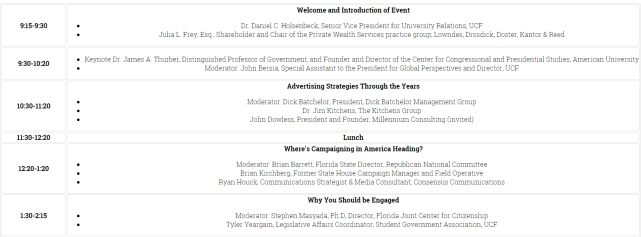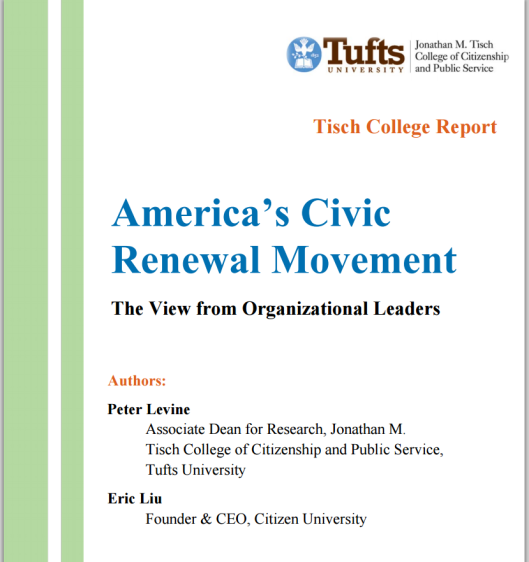As you will recall from my last post, I was headed down to Broward County to see the great work being done there by the ESOL department within the district and by the Close Up Foundation. I am happy to say that it was a wonderful experience to see so many young immigrants dedicated to improving their communities and learning what it means to be a citizen. These 200 young people, almost all of whom have been in this country for three years or less, presented their civic-oriented proposals for feedback and discussion with local citizens, community leaders, and other interested parties. An overview of the expo can be seen below.
 What do I like about this? Where to start! It gives young people, new to this country a chance to engage in the process of civic life and civic work. It gets them thinking not only about problems, but about solutions. It develops their communication skills and their ability to talk with leaders and community members, such as district superintendent Robert Runcie, who can make a difference in their lives. No, let me revise that. It allows these kids to have a sense that THEY are making a difference THEMSELVES. Isn’t that what we want for our young people? That sense of belonging, of advocacy, and of efficacy as citizens?
What do I like about this? Where to start! It gives young people, new to this country a chance to engage in the process of civic life and civic work. It gets them thinking not only about problems, but about solutions. It develops their communication skills and their ability to talk with leaders and community members, such as district superintendent Robert Runcie, who can make a difference in their lives. No, let me revise that. It allows these kids to have a sense that THEY are making a difference THEMSELVES. Isn’t that what we want for our young people? That sense of belonging, of advocacy, and of efficacy as citizens?
I had the great pleasure of talking with many of these kids about their proposals, and it was incredibly refreshing to hear them articulate a passion for change and a desire to make a difference as residents and, yes, as citizens. They addressed issues of concern to both them and their community, were open to feedback and suggestions to strengthen their proposals, and demonstrated an understanding of the difference they could make, and why this effort mattered. It was wonderful to see. In the rest of this post, you can take a look at just a few of the dozens of proposals that these young immigrants shared.

It doesn’t have to be 15 dollars an hour to make a difference and help both business and the community!
These are just a few of the many different policy proposals that these wonderful kids came up with. Others involved protection of the environment, changing the role of the school counselor away from a testing coordinator to actual counselling, medical marijuana, school bullying, teen pregnancy, and so many more areas of relevance and concern in the immigrant community, in Broward, in Florida, and in the nation. Kudos to both Broward ESOL and the Close Up Foundation in this work. You can find additional images on the Expo at the Broward ESOL Facebook page, as well as through the Close Up Foundation’s Twitter feed (and they worth a follow!). I am excited to see what comes next, and I hope that we here at the Florida Joint Center for Citizenship might find ways to help in this effort down the road. So much promise!

